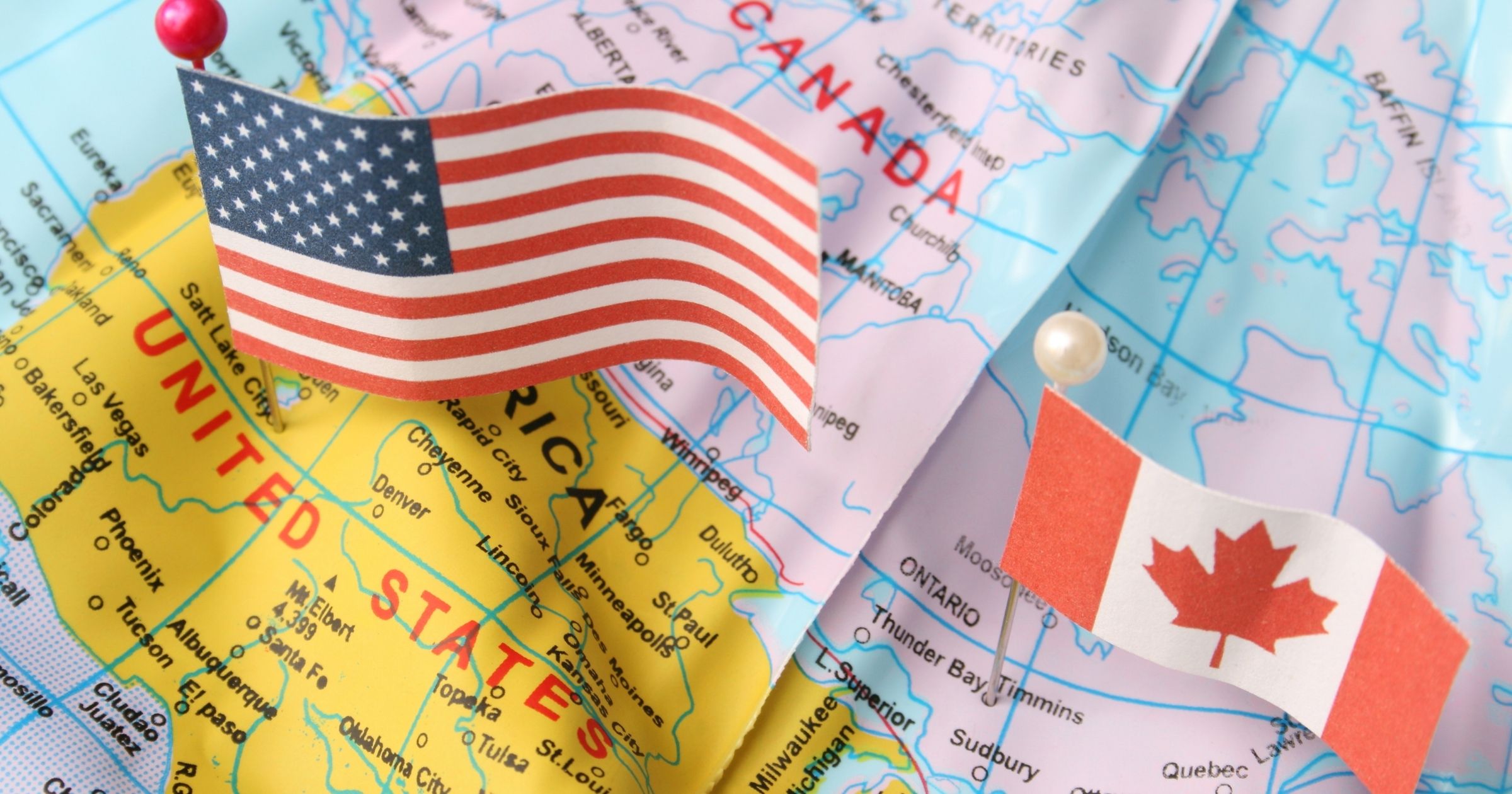It's Time to Get On Board with Sustainability
Recently, the U.S. Travel Association convened top leaders in travel, transportation and technology with policymakers and administration officials for the association's first-ever Future of Travel Mobility summit, which touched on sustainability, seamless and secure travel, innovative and emerging technology and more.
The event's focus was honed in on issues central to the coming decade and beyond of transportation and technology innovation that will reshape how people travel, and which will ultimately enhance the overall traveler experience.
The event saw remarks from U.S. Secretary of Transportation Pete Buttigieg, U.S. Secretary of Homeland Security Alejandro Mayorkas, U.S. Senator Shelley Moore Capito (R-WV), U.S. Representative Debbie Dingell (D-MI), U.S. Representative John Katko (R-NY) and Austin Brown, Senior Director for Transportation Emissions, White House Office of Domestic Climate Policy.
They were also joined by a variety of private-sector leaders including Ed Bastian, CEO, Delta Air Lines; Mark Reuss, President, General Motors Company; Todd Davidson, CEO, Travel Oregon; Vik Krishnan, Partner, McKinsey & Company; Denise Naguib, Vice President, Sustainability and Supplier Diversity, Marriott International; and more.
New research by Ipsos released by U.S. Travel underscored the necessity of accelerating the advancement of new technologies and innovations, as highlighted at the summit.
According to the research, over the next two to five years, one-in-four (24%) Americans plan to take fewer leisure trips than they did prior to the pandemic. Two-in-five (40%) business travelers plan to travel less for business than they did before COVID-19.
The same survey showed that the demand for travel would only increase if Americans had access to more sustainable, seamless, secure and modern travel options, such as electric vehicles; airlines and fuels that produced fewer carbon emissions; improved Transportation Security Administration screening; and more efficient transportation technologies such as hyperloops or supersonic aircraft.
Research indicates that if travel were to increase by just 5% as a result of more sustainable travel options, it would result in an additional $50 billion in travel spending and $130 billion in economic output annually—supporting roughly 850,000 additional American jobs.
"These conversations are so important because we see that new, innovative transportation solutions are more than a customer preference—they are a necessity as we look ahead to the future of our industry," said Roger Dow, U.S. Travel Association President and CEO. "This is an opportunity to build a travel industry that is stronger, more modern and more globally competitive than ever before."
To watch the entire event in full, visit U.S. Travel Association.
Written by Sarah Suydam, Managing Editor for Groups Today.



